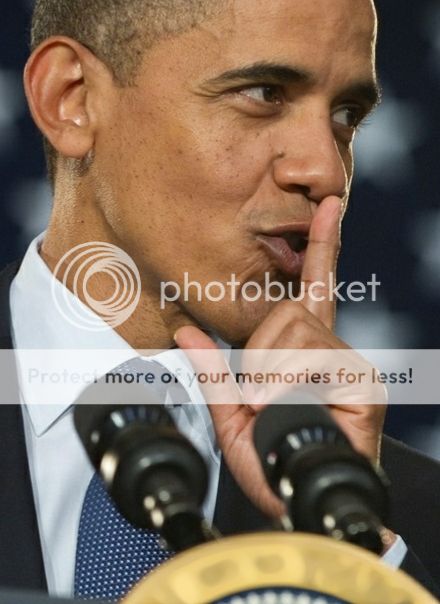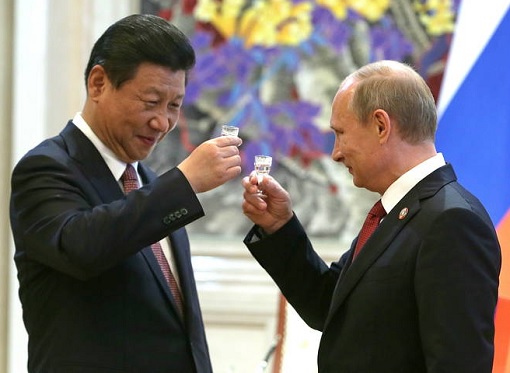 |
Internet: The U.S. quietly approved a plan Thursday to deliver oversight of the internet gatekeeping functions from the U.S. government to a private group. It’s been hailed as “privatizing” the internet, but in fact it does no such thing.
The National Telecommunications and Information Administration (NTIA), part of the Commerce Department, has given its stamp of approval to transfer oversight to a little-known, but mighty, Los Angeles-based private nonprofit group called the Internet Corporation for Assigned Names and Numbers, or ICANN.
“The internet’s multistakeholder community has risen to the challenge we gave them to develop a transition proposal that would ensure the internet’s domain name system will continue to operate as seamlessly as it currently does,” said Lawrence Strickling, NTIA’s administrator, in a statement.
If that’s the case, why object to the government handing off something to the private sector? Well, that’s not really what’s happening.
That phrase “multistakeholder community” is the problem. ICANN will be prone to influence from many parts, including 160 foreign governments and perhaps even some highly questionable nongovernmental organizations.
ICANN already manages the domain naming and IP address systems and, by most accounts, does a fine job. This would give it de facto regulatory control as well.
The internet is one of the few places where, with some notable exceptions, free speech still reigns supreme. If some of the rest of that “multistakeholder community” doesn’t like that, what’s to keep it from exerting enormous pressure on ICANN to regulate away free exchange on the internet?
To keep this from happening, Texas Sen. Ted Cruz (You wondered what he was up to since he stopped his campaign? Now you know.) and Wisconsin Sen. Sean Duffy have introduced a bill to halt transferring the internet domain name system away from the U.S. government unless Congress explicitly authorizes it.
“The Obama administration is months away from deciding whether the United States government will continue to provide oversight over core functions of the internet and protect it from authoritarian regimes that view the internet as a way to increase their influence and suppress freedom of speech,” Cruz said in a statement.Read the rest of this IBD editorial HERE.
If you like what you see, please "Like" us on Facebook either here or here. Please follow us on Twitter here.




No comments:
Post a Comment